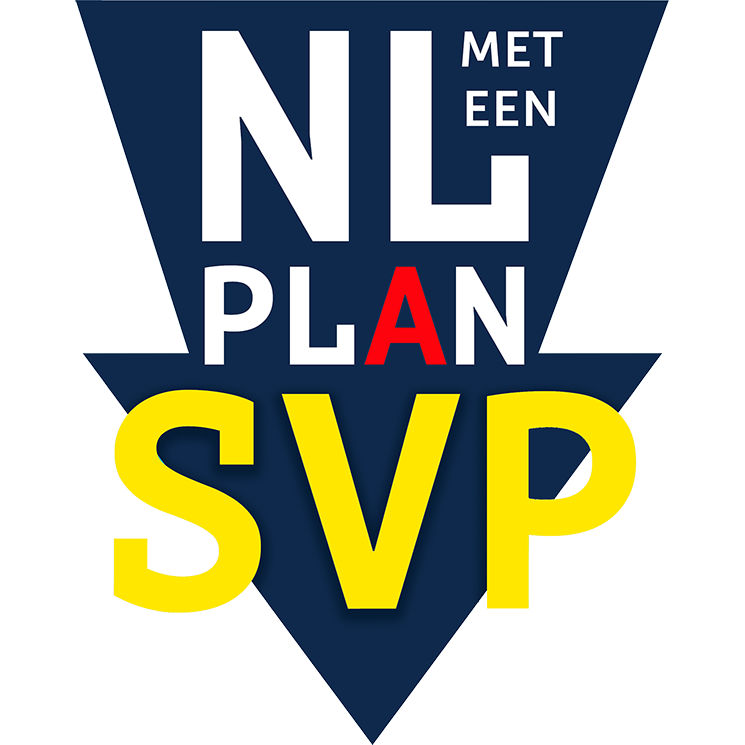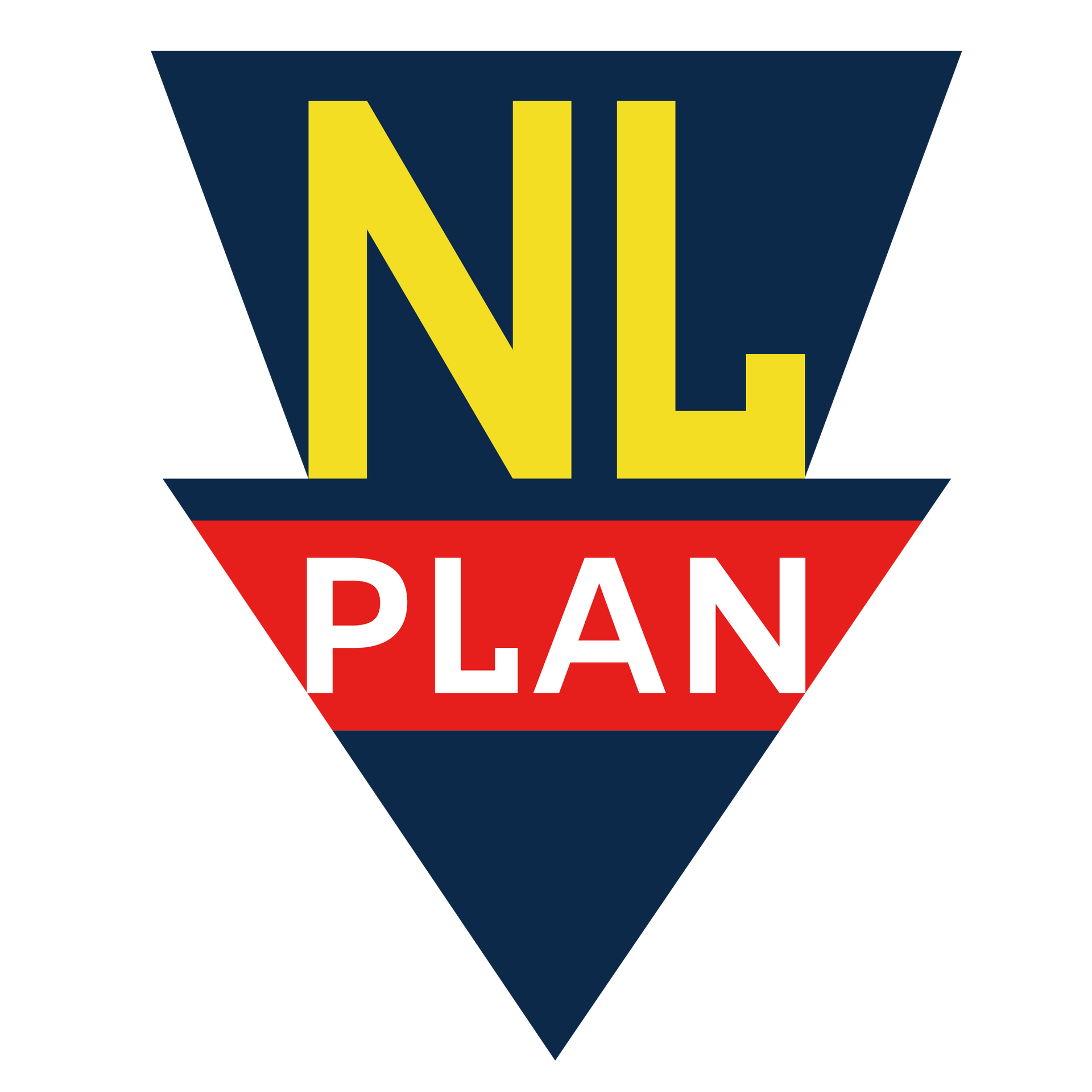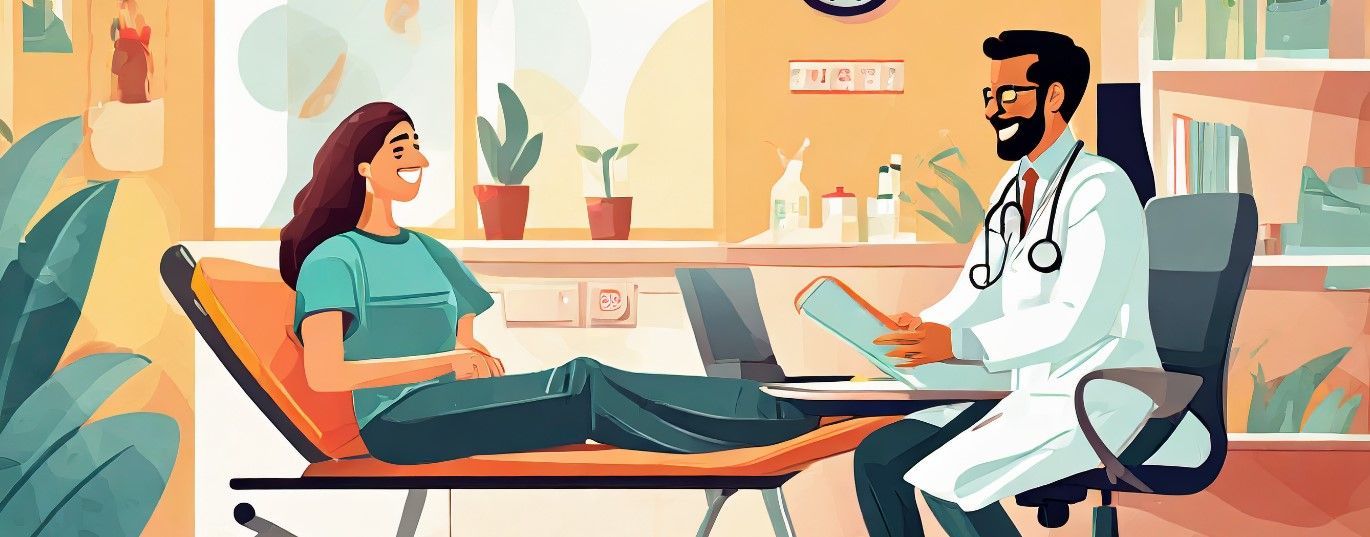Health, Care and Youth
Stop market forces in healthcare! Duty of care should go back to the government and health insurers. Stop ''putting away'' care tasks to market parties. Healthcare institutions are there to provide care, not to delve into competitive models.
Oral care back in the basic package.
Reintroduce school swimming.
Quality care, reduce staff shortages, no cuts.
More focus on the quality of life of (frail) elderly people.
Use of alternative therapies to eliminate waiting lists.
NL PLAN is committed to a new conception of people and health that has developed in recent decades. Here, the development of health of independent people is central. Educating and promoting knowledge and offering (alternative) therapy to strengthen healthy lifestyles, nutrition and immunity.
NL PLAN advocates a radical and qualitative renewal of the current bureaucratic and patriarchal healthcare system. The starting point is an emancipated and self-determining individual patient. The (self)care system should serve independent citizens, who should be treated not only as patients but also as adult clients. Every person should be given control over their own life, health and death.
Apart from the inefficient and wasteful insurance system, the rise in costs is due to the fact that there is no brake on the 'free' use of expensive care. Healthcare costs are rising by billions every year. Citizens have rightly been given more and more options, but in the process the collective unfairly bears most of the costs. The direct costs of treatment must become transparent and understandable. Where possible, the individual patient should make a reasonable contribution to the healthcare costs incurred specifically for him. This also gives him influence over his own treatment plan and associated costs.
It is out of date to assume that citizens are mature enough to book and pay for their own travel arrangements and holidays, but cannot choose and (partially) pay for their own treatment plan. For the truly dependent, a friend or family member, or trusted counsellor, can provide advice and support in this.
Citizens and Patients
The patient is empowered and decides
The patient seeking care has become emancipated and empowered in recent decades. They have and will increasingly take personal responsibility for their physical defects. They live with their impairments day and night and often know best. They can inform themselves on the internet or with information material. The doctor is no longer an all-knowing father, but a professional researcher and advisor. An influential advisor, but the patient ultimately decides which healthcare provider to choose. A medicine is chosen for itself and the patient agrees or disagrees with a treatment method. After all, it is one's own body and life.
Electronic patient record (EPD): the patient has the pin code
NL PLAN is in favour of an Electronic Patient Record, but under the control of the individual patient. The PIN of each record is first and foremost in the hands of the individual patient, who thus has insight into their own status. The patient decides which professionals and family members/friends get access to that file. Although the patient does not have the ability to change the contributions of doctors and medics, they are given the opportunity to add digital comments on medical treatments and medications according to their own experience.
Persons with disabilities/different abilities are given a Personal Budget (PGB)
We encourage a system of Personal Budget for people with mental and physical disabilities/different abilities. People can use this themselves or through a representative. The budget must be sufficient, without hidden price agreements with municipalities.
Nutrition and health education in education
Prevention is better than cure. The increase in life expectancy is primarily the result of better eating and living habits and, to a lesser extent, technologically advanced medicine. Healthy food is getting more attention and support. There will be a focus on nutrition and health education mainly in secondary schools.
Children's Services
Parents deserve trust. Children's Services is voluntary
In the Netherlands, 10 times as many children have a supervision order (OTS) and 10 times as many out-of-home placements take place as in Norway. The rest of Europe is in between.
Are Dutch parents less competent than other European parents or is the Children's Services here more coercive than elsewhere? NL PLAN believes that most forced Children's Services should be phased out.
Parents decide whether or not to engage in Children's Services. NL PLAN expects that much of Children's Services will be phased out and that there will not be a financial shortfall, but a cut can be made.
Alternative medicine
Recognise the achievements of alternative care
Alternative care is a fertile field of research of new ways of living and healing and has grown considerably over the past decades. This wake form has achieved extraordinary and recognised results in the past. The recognised science-based medical science monopolises medical knowledge too much. There is ample knowledge about the body, nutrition and therapy that has not been scientifically tested, but is an important contribution to medicine and healthy living. Alternative care should be given more space and recognition.
Alternative care gets equal reimbursement opportunities
There is a huge discrepancy between the amounts society often uncritically makes available to the dominant mainstream medicine and the reimbursement opportunities for alternatives. Many patients very deliberately choose alternative care and wish the government to follow them financially as citizens and taxpayers.
Medical conflicts and errors
Emergency workers love people, not rules
Many conflicts in healthcare and primary care revolve around procedures and rules. The patient and his/her wish, and not the procedure, are his/her starting point of treatment. Healthcare providers who cannot or will not do that should go find another profession.
Stop the degrading punitive regime in parts of the mental health sector. Merciless punishments and solitary confinement are medieval practices. A critical analysis and change in mentality is needed here.
In cases of medical errors, compensation follows from a fund
Wherever work is done, mistakes are made, sometimes culpably, but often not or hardly at all. Although most social workers do their work with professionalism and idealism, the effect of many treatments is unclear and mistakes are sometimes made explicitly. There should be a compensation system for mistakes made with harm, where doctors can admit mistakes more openly and without consequences for their professional practice. In principle, a doctor acting responsibly but failing should go free. There should be a collective compensation system for medical errors through a fund. There will also be an accessible appeal body for exceptional cases.
National Care Facility
Set up a national healthcare facility
There will be a national healthcare provision paid for by taxpayers' money. That provision will exist for every Dutch citizen regardless of origin or position. The Ministry of Health, Welfare and Sport will apply a fixed tariff system for all healthcare providers. It controls and reimburses medical treatments. In addition to this collective provision and reimbursement system, individual patients may be required to make a personal contribution per medical treatment. Minors make a small contribution or are treated free of charge, ensuring accessibility. Some medical treatments are free for all patients.
Abolish compulsory health insurance and premiums
With the new healthcare provision, citizens will no longer have to insure themselves and pay premiums. Health insurance companies can thus be abolished and economised away. Healthcare providers will have one simple regulation system and one-stop shop to declare their costs.
Fixed fee structure for autonomous healthcare providers
The Ministry of Health, Welfare and Sport represents society and sets rates for healthcare providers. Approved care providers are reimbursed for what they perform according to fixed rates. They are responsible for reducing their costs within the requirements as much as possible.
Healthcare costs become transparent
The rates of all healthcare providers, such as hospitals, doctors and therapists, will be open and transparent on their web pages. There will be public insight into the costs of treatment plans.
Own contribution: Per patient, per treatment and per medicine
For the patient, not everything is 'free'. A co-payment is required for their treatment. The government creates reliability in this. The own contribution per treatment is the same and fixed in advance.
The patient is aware of what the treatment costs and whether he contributes to it privately and, if so, how much. The patient is thus part of the decision and has a stake in keeping costs in check, and is better equipped to do so than a bureaucratic insurance company. The total of the maximum co-payment never exceeds the total of the annual premium and current co-payment. This means that the co-payments in this system come to a maximum of around €1,500 annually. The annual premium and current co-payment will be abolished.
Doctors and nurses make the hospital. Management is subservient
In healthcare institutions, doctors and nurses should be the heart of the organisation, and managers are supportive. Although good healthcare management makes a valuable contribution to a healthcare institution, the current power of management's control systems is far too great and, in some cases, counterproductive. A trust should be given to doctors and nurses to seek the best possible solution in consultation with the patient. Trust and expertise should replace bureaucratic control.
Care around childbirth
Childbirth leave
Maternity leave for women: six months (also divisible between husband and wife).
Supplementary insurance for pregnant women
Pregnant women automatically go to supplementary health insurance as it saves on costs around childbirth and covers healthy preventive interventions: yoga, swimming or other appropriate care.
Sport, exercise and health
Sport reduces the risk of a wide range of conditions such as cardiovascular disease, obesity, osteoporosis, stroke. This saves healthcare costs in the future. The total cost of overweight and obesity in adults in the Netherlands is over €79 billion a year.
Through practical lessons, such as vitality and resilience programmes, aimed at convincing physical and mental strength, theory, practice, sport and relaxation can be integrated for a healthier lifestyle.
Towards a mentally healthy learning environment where you feel safe and accepted.
To develop personal and/or team spirit, citizens at clubs or schools can work on self-respect, respect for others, self-control, (self)confidence, discipline and sharpening a strong will. In an individual and/or team experience, reflection, cooperation and team development, trust, integrity and passion are anchored as values, and awareness of one's own physical and mental capabilities is cultivated.
The fundamental values and character traits that lead to feeling good about yourself: physical capacity, intelligence, growth strategy, humour, tolerance, interest, values, happiness and health.
Pharmaceutical Industry
Abolition of patents
Big pharmaceutical companies have big commercial interests in patented drugs and vaccines. The public interest of public health should come first and not that of the pharmaceutical industry. The latter is mainly responsible for manufacturing and distributing existing and cheap drugs.
Developing vaccines and drugs with public funds
The development of new vaccines and drugs requires large investments, in which public funds and academic institutes can play a role.
Pandemic law to be reversed
The pandemic law (or amendment to the Public Health Act (Wpg)) that the Netherlands agreed to in May 2023 must be reversed. This law provides the Minister of Health, Welfare and Sport with unprecedented power to introduce far-reaching measures in case of a perceived threat, which in practice can hardly be stopped by parliament. These include far-reaching hygienic measures (from facemasks to lockdown), the lifting of medical secrecy, compulsory quarantine, control of (private) land, buildings, means of transport and goods, lifting of privacy in education and the elderly and further unprecedented emergency powers. In addition, the corona measures were not monitored or closely monitored by the former administration and there is scientific evidence that they largely did not help in fighting the pandemic. In addition, the World Health Organisation (WHO) is indirectly given unprecedented power, while huge sponsorship by the pharmaceutical industry and certain multimillionaires is having an adverse impact on the unique public interest function of this international body.
Navigate using the red buttons below to read the rest.




